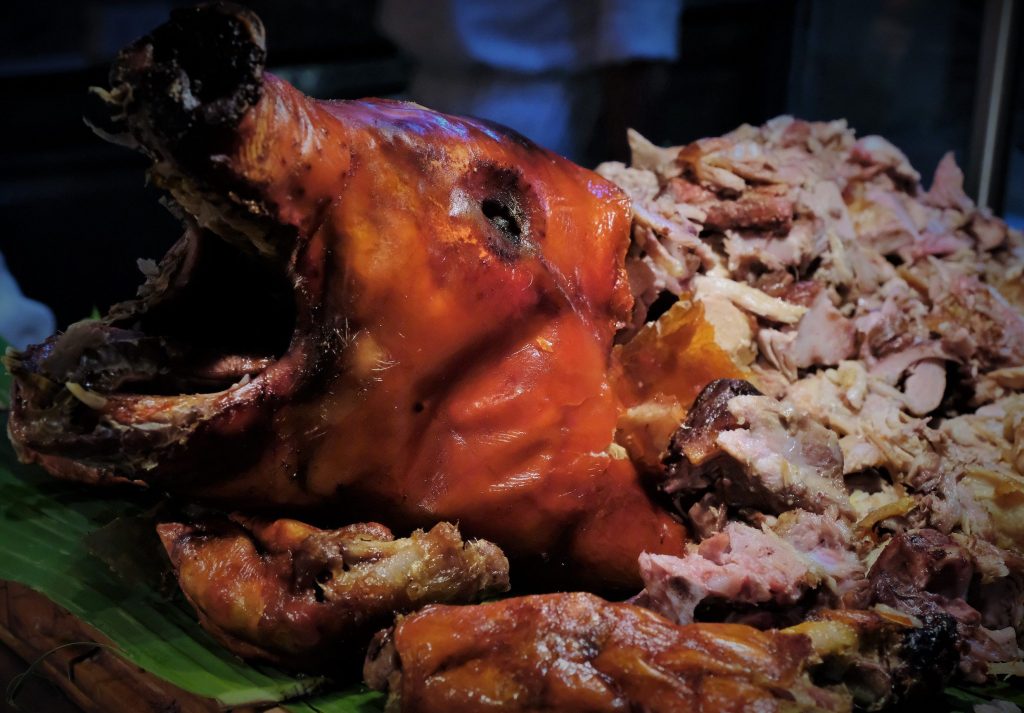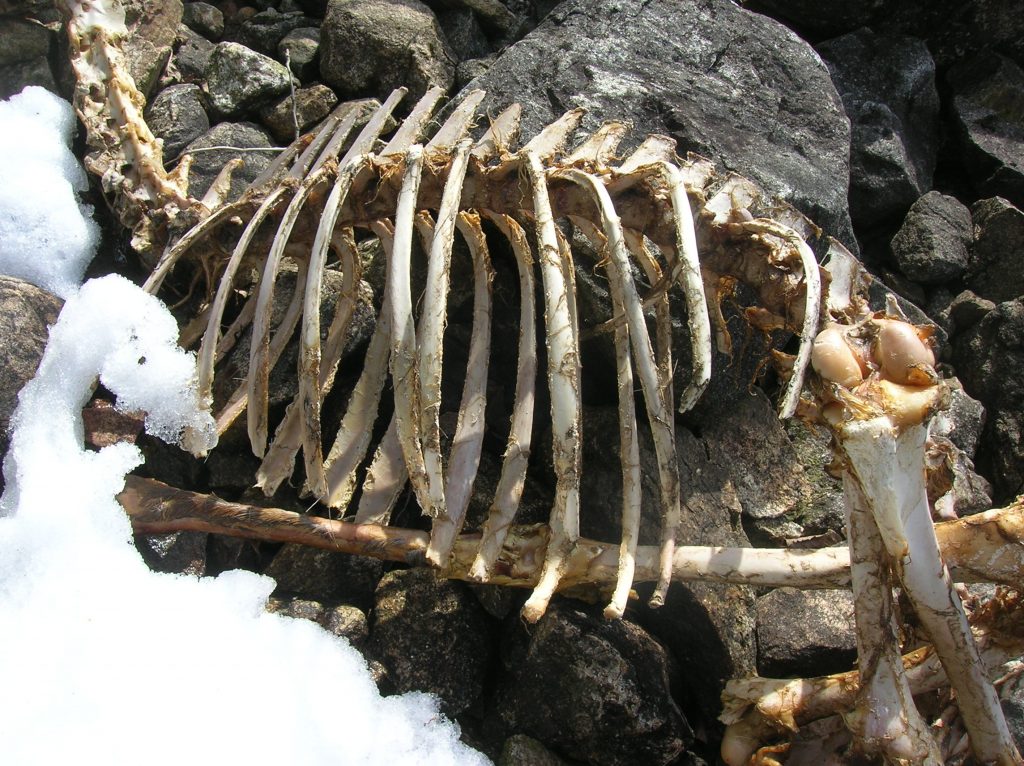More work from Marianne Chan can be found in our Fall 2019 Issue.
In Magellan’s Voyage Around the World, Antonio Pigafetta includes a list of Bisaya words and their translations. This list is called “Some Words of the Aforesaid Heathen Peoples.” These are the words he learned on the island of Cebu.
In this list, he translates the Bisaya word for “mother-of-pearl,” but not the Bisaya word for “mother.”
I wonder if his readers—Europeans—found this strange, the exclusion. Perhaps, they thought: These heathen peoples did not have a word
for “mother.” These heathens did not have mothers at all, only mothers-of-pearl. They were born, not from women,
but from milky shells that tumbled onto shore. Or, maybe, these heathen peoples were never born, only written into life. If a tree falls in the forest with no European to hear it, did it really exist before the 1500s? Did it have a mother to speak of? Was her name Pigafetta?
My mother’s name is Patricia. My mother’s mother was Guadalupe Mabano, an illiterate entrepreneur, who made her living selling ripe fruit at the market. She was a woman obsessed with food, afraid
of starvation. When she arrived home at night after my mother had fallen asleep, she fed her without waking her, shoving spoon after spoon of rice and kamungay leaves into her mouth. She feared that my mother would
dream hungry. My mother chewed without tasting, took a full supper before she awakened, surprised at the grains of rice that lingered in her throat, the fullness of her belly beneath her shirt. Years later, in the States, my mother, a diabetic, saw a new doctor who doubled her prescription of insulin. My father pressed the needle into her stomach before bed, and that night
she dreamed she was a child screaming: I’m so hungry, Mama, so hungry, and she awoke out of the dream into an America where her blood sugar was down to 60, where her mother had been dead for years.
Most likely, Pigafetta’s list of heathen words excluded the word for “mother” because the items he named were limited to merchandise, that is, objects or elements that could be exported: mana (cinnamon), boloto (boats), pilla (silver), tipai (mothers-of-pearl). Why then did he include camat (hand), ilok (armpit), boto (genitals), dila (tongue)?
Pigafetta sold my mother’s tongue in the form of his book all over Europe. He said the language was more valuable than chiande (cloves). My mother still speaks to me in this language, this dila, now influenced by Spanish words, and I can understand, but can’t speak it. These are words I forget until I hear them.
My mother can’t wait until I am a mother. She wishes to be a lola, a grandmother. But I don’t want to get pregnant. I want to learn and re-learn this language, our history, over and over. Maybe I lack courage. Maybe I fear the uncertainty of the future, so I hold the past with both arms. Or perhaps, because my husband is a white American, I worry that my child won’t need to learn her past. I worry that my daughter will enter the world with three navels and will never know the various bodies that came together to feed her. The word for navel in Bisaya is pusod. Pigafetta includes this in his list of heathen words. He does not include the word for forgetting.
When I ask my mother questions about her childhood, she discovers her past, as it washes ashore. Her answers are the debris of a neglected ship, and she
overflows, overflowers. She discovers new feelings she can’t express eloquently in English. She discovers herself—all of her—
again in the retelling. She awakens with leaves in her throat, Bisaya in her teeth.
When I think about my Lola, my mother, myself
I recognize all the things that have been and will be forgotten,
so I’m writing this down, like Pigafetta, alongside his list of words,
all of them ours, all of them heathen.
Michigan Quarterly Review‘s Fall 2019 Europe Issue is available for purchase here.
Image: “Lechon ni Pigafetta,” photograph by Jeeves de Veyra



